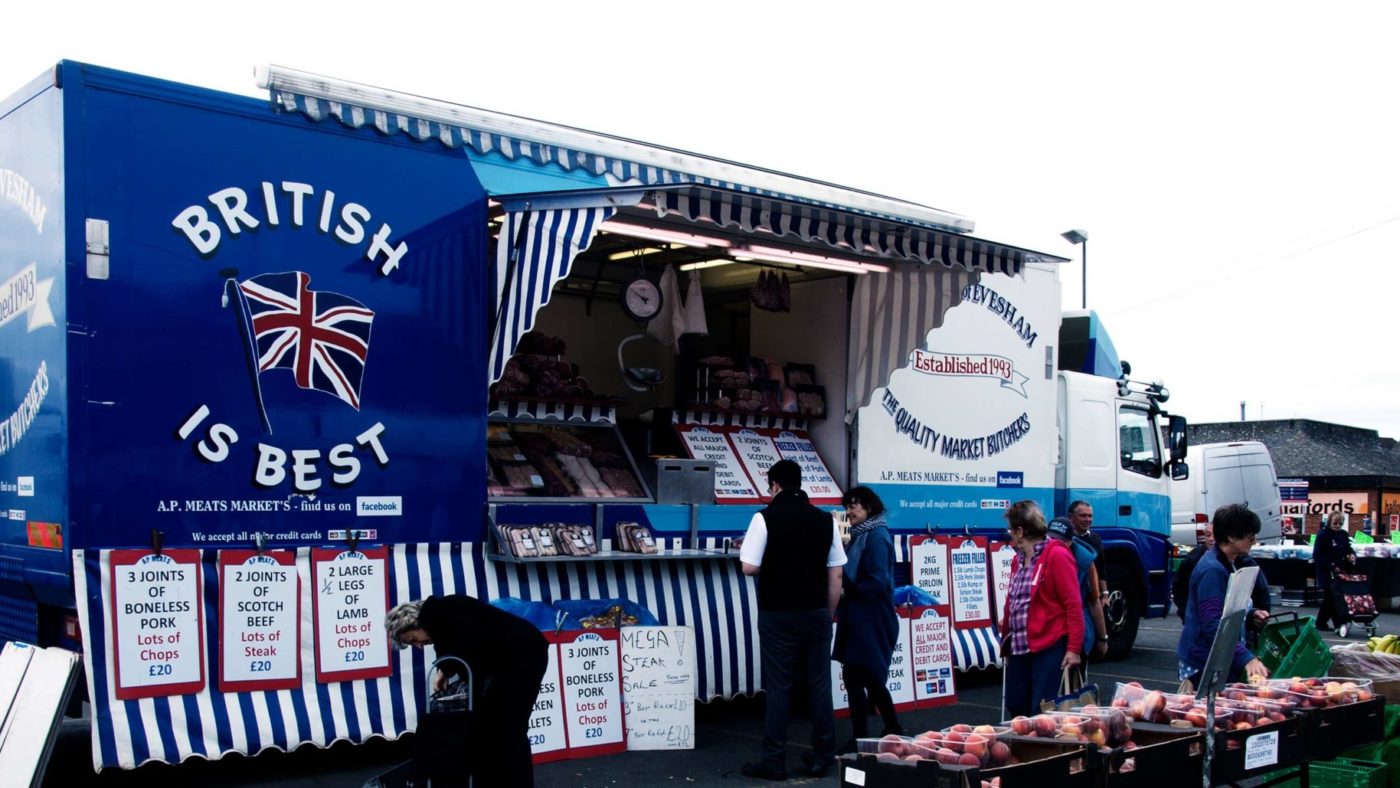As the Agriculture Bill makes its way through Parliament, the UK faces a critical choice in its international trade policy.
It is widely understood in trade circles that agriculture is the gate through which all trade policy flows. Long the bugbear of world trade, agricultural sectors all over the world have rigidly opposed any kind of trade liberalisation and managed to secure an exceptional status for the sector which is disproportionate to their economic weight. But the food we eat is so central to the way we think of ourselves as human beings that the agriculture sector has long maintained that it deserves special treatment.
The choice facing the Government is how to support farmers once we have fully left the EU and can carve out an independent trade policy. There has been a great deal of discussion about an amendment on banning imports of agricultural products that do not satisfy the UK’s production standards. Labour has gone even further and suggested that American products in particular should be banned if they fail to live up to UK methods of production.
Such a measure has not been passed by any country in the world. Not even the most protectionist agricultural producer, the EU, has contemplated such a savage course of action. It would, at a stroke, turn the UK into one of the most restrictive trading nations in the world when it comes to agriculture.
It would also, importantly, violate a fundamental principle of WTO law, which requires food standards not to be used as a disguised form of protectionism, and that any attempt to ban products based on production methods should be even-handed and apply to all countries and the importer equally.
Labour’s proposal would fail this basic even-handedness test because we already import food, both from the EU and elsewhere, which is produced by methods that fall below our own. Imposing different rules on the US would be a clear WTO violation. To make such a rule even-handed, we would have to rule out trade from most countries, including EU member states. That would render an EU-UK trade agreement impossible – though Labour claims to support such a deal.
Of course, the British people can decide whatever they want when it comes to trade or any other policy areas. But they ought to understand what the real-world consequences of this kind of protectionism would be, not least in terms of higher prices in the shops.
We can’t have it both ways: many Conservative MPs extol the virtues of Global Britain in one breath, but then, without any trace of irony, espouse agricultural policies that would completely skewer any attempt to put such policies into practice. Indeed, they advocate policies that would make the UK a pariah state on the international trade stage, regarded by countries committed to the global trading system as even more extreme than the EU, about whom they have recently complained en masse.
For poorer countries these policies would drive a stake through the heart of their development. It is therefore particularly odd that they are being supported by a Labour Party for whom internationalism has long been an article of faith. It would be especially ludicrous for the UK to simultaneously maintain one of the highest foreign aid budgets in the world (of which it can be justly proud) and bar agricultural imports from the same countries it is ostensibly trying to lift out of poverty.
Because agriculture does tend to lock or unlock your trade policy (depending on what you do in this area), farmers are far from the only UK producers interested in our agricultural trade outlook. All the financial services, business services, data and digital firms who have offensive interests and want to negotiate better terms of access around the world should be deeply interested in what happens in this sector, as it will directly affect their interests and could take badly needed liberalisation completely off the table in their own industries. It is a mystery that so many have remained so silent while their global interests risk being sacrificed.
Even more important are British consumers, who stand to benefit from trade liberalisation and the import competition which it brings. They too seem to be all but invisible in this debate. This is also particularly odd since the Government has talked a lot about ‘levelling up’ and earning the trust of former Labour voters who switched in 2019. Food prices are especially important for less affluent people, for whom food makes up a much larger percentage of their weekly outgoings. Again, though, their voice seems to be missing from a discussion dominated by producer interests.
If the Prime Minister is to achieve even a fraction of what he talked about in his seminal Greenwich speech in February of this year and deliver Global Britain, with all its rich promise of economic growth and jobs, he must make a choice. He must opt for a truly Global Britain over the kind of agricultural restrictions and protectionism that would make even the EU blush. And Tory MPs must understand that they cannot have it both ways – willing the ends of trade, while campaigning against the means.
As for voters, of course they are entitled to make their choice, but they should do so in full knowledge of the consequences.
Click here to subscribe to our daily briefing – the best pieces from CapX and across the web.
CapX depends on the generosity of its readers. If you value what we do, please consider making a donation.


